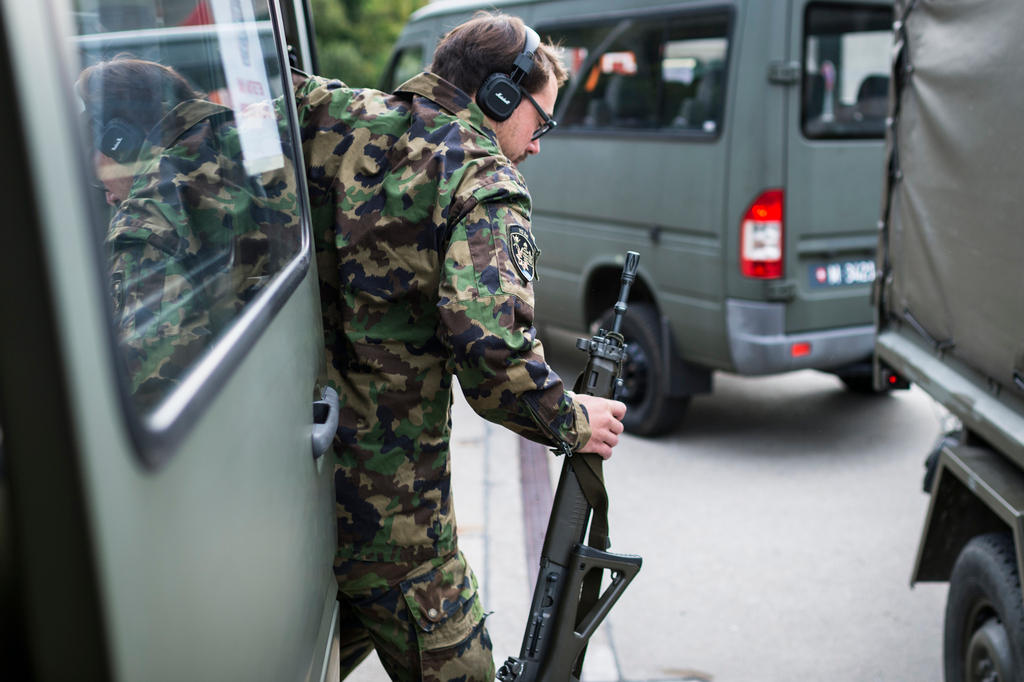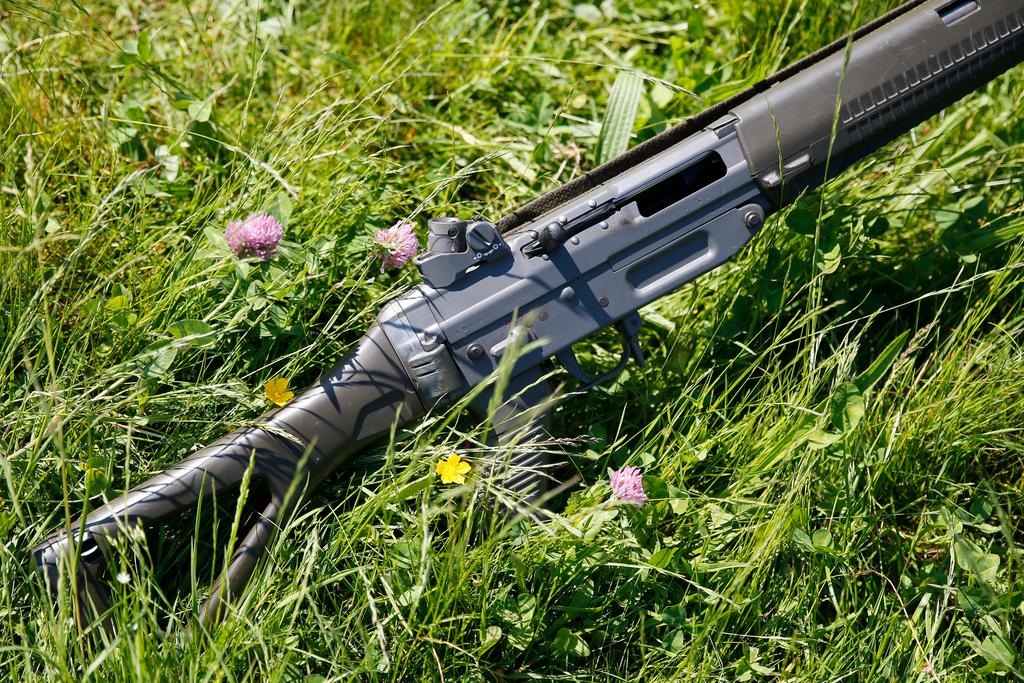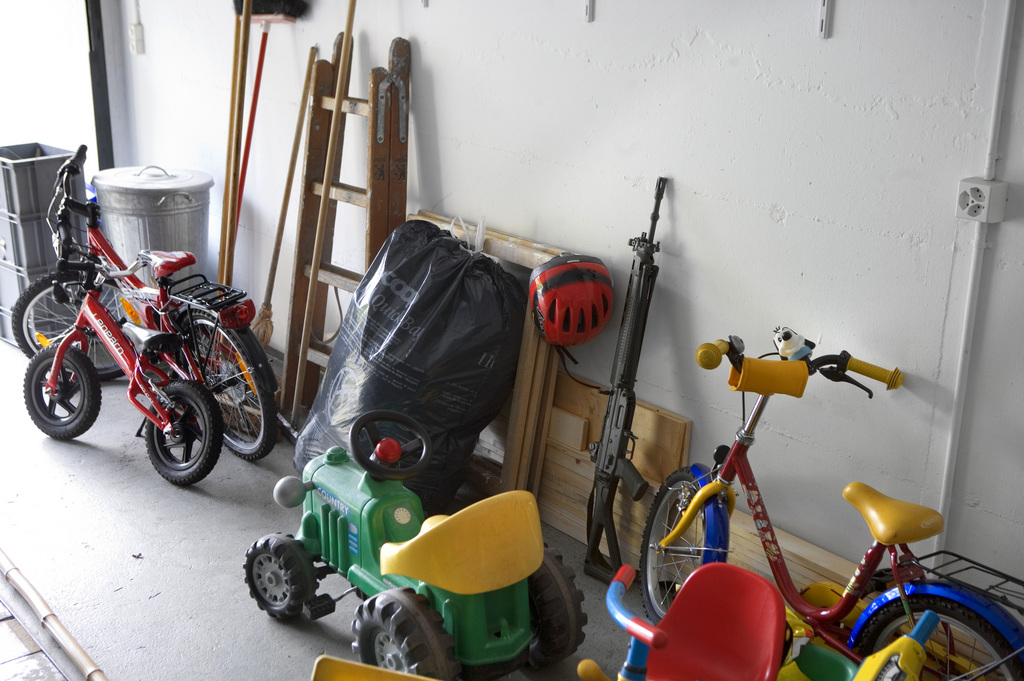Arms control: Swiss back German effort

The Swiss government trumpeted a German plan to introduce fresh arms control efforts in Europe.
Swiss Foreign Minister Didier Burkhalter told other European nations on Thursday that relaunching discussions about conventional arms control would be an important first step towards improving security for the continent, including for countries like Switzerland that are neutral or non-aligned.
Switzerland is one of 15 European countries that have joined Germany in its push for a new arms control agreement with Moscow. The countries, all of which belong to the Organisation for Security and Cooperation in Europe (OSCE), hope to avoid an arms race in Europe.
Europe’s arms control regime of the 1990s has gradually eroded such that diplomatic instruments “are either no longer applied by some or at real risk of becoming outdated”, he told a ministerial meeting of the OSCE in Hamburg, Germany. The meeting is hosted by Germany because it holds the rotating presidency of the OSCE this year.
In the background are mounting European tensions stoked by ailing economies, fears of terrorism, the refugee crisis, a rise in populism and nationalism, NATO-Russian manoeuvring and Brexit-tinged debates over the future of the European Union itself.
“In the context of current tensions, the lack of effective arms control constitutes a major risk in itself. It adds to the security deficit that we are all confronted with,” Burkhalter said.
He was supporting recent comments by German foreign minister, Frank-Walter Steinmeier, who has called for regional caps on armaments, more transparency towards arms control and rules for drones and other new military technology.
Russia vs the West
Steinmeier has recently said that European security is at risk of failing unless Russia and the West agree on new arms control measures. By way of example, he has pointed to Russia’s annexation of Crimea and decision to suspend a treaty on conventional armed forces.
He also has called for Europe to work towards agreement on some “concrete security initiatives” that would include regional caps on armaments, rules covering new military technology such as drones, and the ability to control arms even in disputed territories.
On Thursday, Berlin urged Moscow to work with the OSCE to reduce tensions and ensure security in Europe. The German foreign ministry said Steinmeier met Russian foreign minister, Sergey Lavrov, to encourage Russia “not to deepen the trenches and already bitter conflicts of interests”.
For its part, Switzerland says arms control must be more than what Burkhalter describes as “a fair-weather tool”.
“It is time to overcome the deadlock and move forwards,” the Swiss minister said. “It means a return to serious efforts to resolve our differences and reconsolidate European security as a common project.”

In compliance with the JTI standards
More: SWI swissinfo.ch certified by the Journalism Trust Initiative



You can find an overview of ongoing debates with our journalists here. Please join us!
If you want to start a conversation about a topic raised in this article or want to report factual errors, email us at english@swissinfo.ch.